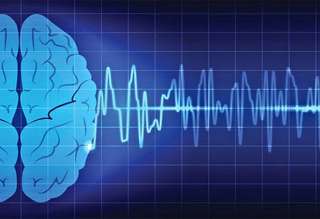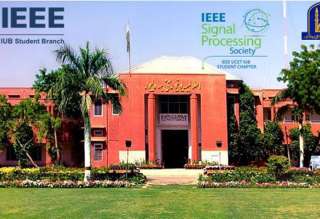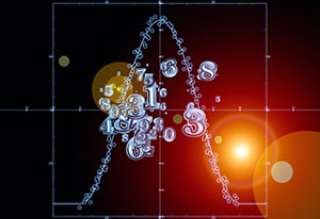SPS Feed
Top Reasons to Join SPS Today!
1. IEEE Signal Processing Magazine
2. Signal Processing Digital Library*
3. Inside Signal Processing Newsletter
4. SPS Resource Center
5. Career advancement & recognition
6. Discounts on conferences and publications
7. Professional networking
8. Communities for students, young professionals, and women
9. Volunteer opportunities
10. Coming soon! PDH/CEU credits
Click here to learn more.
The Latest News, Articles, and Events in Signal Processing
Date: December 10, 2019
Time: 9:00 AM ET (New York Time)
Title: Toward Efficient and Flexible CNN-based Denoising in Photography
Registration | Full webinar details
Date: January 21, 2020
Time: 12:00 PM ET (New York Time)
Title: FemtoPixel: Lensless Imaging with Compressive Ultrafast Sensing
Registration | Full webinar details
Date: February 25, 2020
Time: 8:00 AM ET (New York Time)
Title: Enabling Identity-Based Integrity Auditing and Data Sharing With
Sensitive Information Hiding for Secure Cloud Storage
Date: April 20, 2020
Time: 9:00 AM ET (New York Time)
Title: Deep Learning on Graphs and Manifolds: Going Beyond Euclidean Data
Registration | Full webinar details
Date: May 28, 2020
Time: 2:00 PM ET (New York Time)
Title: Distributed Localization and Tracking of Mobile Networks
Registration | Full webinar details
Date: April 20, 2022
Time: 9:00 AM ET (New York Time)
Title: Cognitive Radar Systems: the road to reality
Registration | Full webinar details
Date: May 17, 2022
Time: 10:30 AM ET (New York Time)
Title: Nonconvex Optimization Meets Low-Rank Matrix Factorization
Registration | Full webinar details
June 6-10, 2022
Registeration Deadline: May 29, 2022
Location: India
May 26-27, 2022
Registeration Deadline: May 20, 2022
Location: Bahawalpur, Pakistan
Date: August 29-September 1, 2022
Registeration Deadline: N/A
Location: Sweden
Submission Deadline: August 15, 2022
Call for Proposals Document
Date: June 18, 2020
Time: 8:30 PM ET (New York Time)
Title: A Policy-Based Security Architecture for Software-Defined Networks
Pages
SPS Social Media
- IEEE SPS Facebook Page https://www.facebook.com/ieeeSPS
- IEEE SPS X Page https://x.com/IEEEsps
- IEEE SPS Instagram Page https://www.instagram.com/ieeesps/?hl=en
- IEEE SPS LinkedIn Page https://www.linkedin.com/company/ieeesps/
- IEEE SPS YouTube Channel https://www.youtube.com/ieeeSPS

















